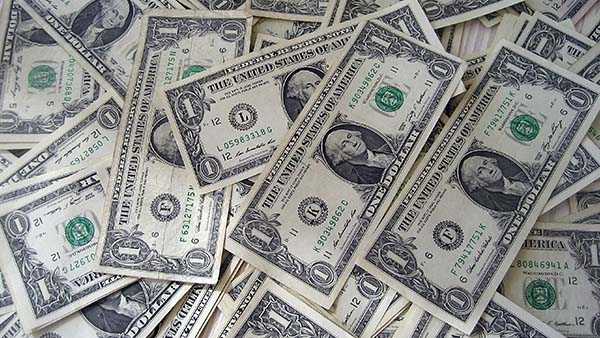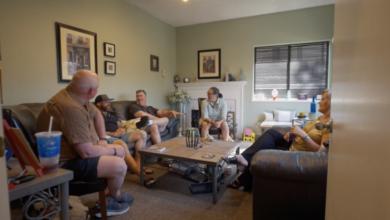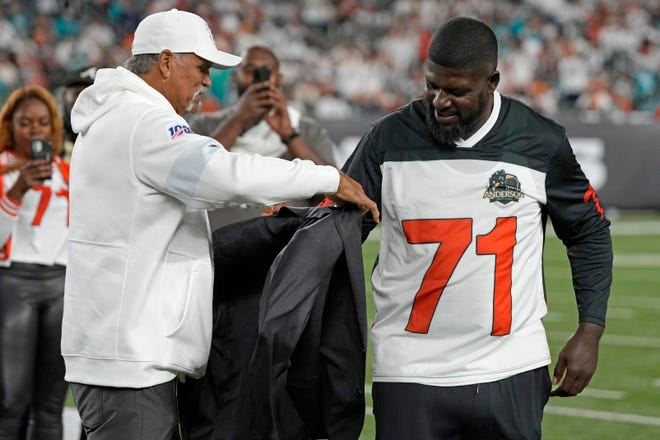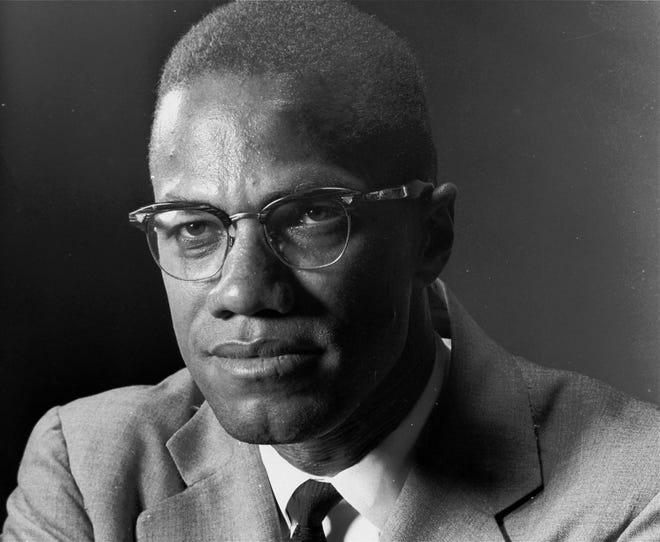

Indiana officials are working on a plan that the governor’s office said Wednesday would result in taxpayers receiving $125 refund payments from the state’s growing budget surplus.Officials had announced in July that stronger-than-expected tax collections following the COVID-19 pandemic recession would trigger Indiana’s automatic taxpayer refund process.The distribution plan from Republican Gov. Eric Holcomb, however, aims to make more people eligible for what would be direct payments from the state rather than a credit on their state tax returns submitted next year.Holcomb’s distribution plan, which will need legislative approval, would result in payments to an estimated 4.3 million taxpayers after overall state tax revenue grew 14% during the past budget year. That pushed state government’s cash reserves to a record-high $3.9 billion as of June 30.The state refund law’s calculation directs that $545 million be refunded to taxpayers as that process was triggered for the first time since 2012.“We did the right thing by putting a formula together that would send that money back if it hit a certain limit,” Holcomb said.The $125 refunds would be sent by direct deposit or check depending on how the taxpayer files their state tax return, the governor’s office said. Those payments are anticipated by May 1 to taxpayers who meet the 2022 tax return filing deadline of April 18.State tax collections have continued to be better than anticipated since July, leading to talk within the Republican-dominated Legislature of cutting taxes, although some are urging caution.House Republican leaders have said they were looking at plans to cut the state’s 3.23% individual income tax rate or expand credits to reduce what income taxes are owed. Tax revenue has kept growing, with tax collections running $645 million, or 9.6%, ahead of projections for the first five months of the current budget year.House Republican Caucus Chairman Greg Steuerwald of Avon said Wednesday that tax cuts will get a “hard look” during the legislative session that starts in January.“It’s timely to take a look at it and see if there’s something that makes sense,” Steuerwald said. “But once again being very careful what we do.”Top Republicans in the state Senate, however, have been hesitant on the tax cut question. Much of Indiana’s revenue growth has come from a nearly 12% increase from last year in sales tax collections, which make up about half of state government’s general revenue, and some Senate Republicans warn that no one can reliably predict what will happen with those collections when federal relief spending ends.Senate Appropriations Committee Chairman Ryan Misher said he worries about the long-term health of the national economy and that it would be better to wait on tax changes until the Legislature takes up a new two-year state budget during its 2023 session.“This is a nonbudget year, so we’ve got a year to discuss these cuts,” said Mishler, a Republican from Bremen.Holcomb was noncommittal when asked whether he believed now was the time for new tax cuts.“We’re entertaining more,” Holcomb said. “But we’ll see what the House and the Senate have to say about that as well.”
Indiana officials are working on a plan that the governor’s office said Wednesday would result in taxpayers receiving $125 refund payments from the state’s growing budget surplus.
Officials had announced in July that stronger-than-expected tax collections following the COVID-19 pandemic recession would trigger Indiana’s automatic taxpayer refund process.
The distribution plan from Republican Gov. Eric Holcomb, however, aims to make more people eligible for what would be direct payments from the state rather than a credit on their state tax returns submitted next year.
Holcomb’s distribution plan, which will need legislative approval, would result in payments to an estimated 4.3 million taxpayers after overall state tax revenue grew 14% during the past budget year. That pushed state government’s cash reserves to a record-high $3.9 billion as of June 30.
The state refund law’s calculation directs that $545 million be refunded to taxpayers as that process was triggered for the first time since 2012.
“We did the right thing by putting a formula together that would send that money back if it hit a certain limit,” Holcomb said.
The $125 refunds would be sent by direct deposit or check depending on how the taxpayer files their state tax return, the governor’s office said. Those payments are anticipated by May 1 to taxpayers who meet the 2022 tax return filing deadline of April 18.
State tax collections have continued to be better than anticipated since July, leading to talk within the Republican-dominated Legislature of cutting taxes, although some are urging caution.
House Republican leaders have said they were looking at plans to cut the state’s 3.23% individual income tax rate or expand credits to reduce what income taxes are owed.
Tax revenue has kept growing, with tax collections running $645 million, or 9.6%, ahead of projections for the first five months of the current budget year.
House Republican Caucus Chairman Greg Steuerwald of Avon said Wednesday that tax cuts will get a “hard look” during the legislative session that starts in January.
“It’s timely to take a look at it and see if there’s something that makes sense,” Steuerwald said. “But once again being very careful what we do.”
Top Republicans in the state Senate, however, have been hesitant on the tax cut question. Much of Indiana’s revenue growth has come from a nearly 12% increase from last year in sales tax collections, which make up about half of state government’s general revenue, and some Senate Republicans warn that no one can reliably predict what will happen with those collections when federal relief spending ends.
Senate Appropriations Committee Chairman Ryan Misher said he worries about the long-term health of the national economy and that it would be better to wait on tax changes until the Legislature takes up a new two-year state budget during its 2023 session.
“This is a nonbudget year, so we’ve got a year to discuss these cuts,” said Mishler, a Republican from Bremen.
Holcomb was noncommittal when asked whether he believed now was the time for new tax cuts.
“We’re entertaining more,” Holcomb said. “But we’ll see what the House and the Senate have to say about that as well.”
Source link






